The Art of Spatial Reasoning: A Deep Dive into Map State Games
Related Articles: The Art of Spatial Reasoning: A Deep Dive into Map State Games
Introduction
With great pleasure, we will explore the intriguing topic related to The Art of Spatial Reasoning: A Deep Dive into Map State Games. Let’s weave interesting information and offer fresh perspectives to the readers.
Table of Content
The Art of Spatial Reasoning: A Deep Dive into Map State Games
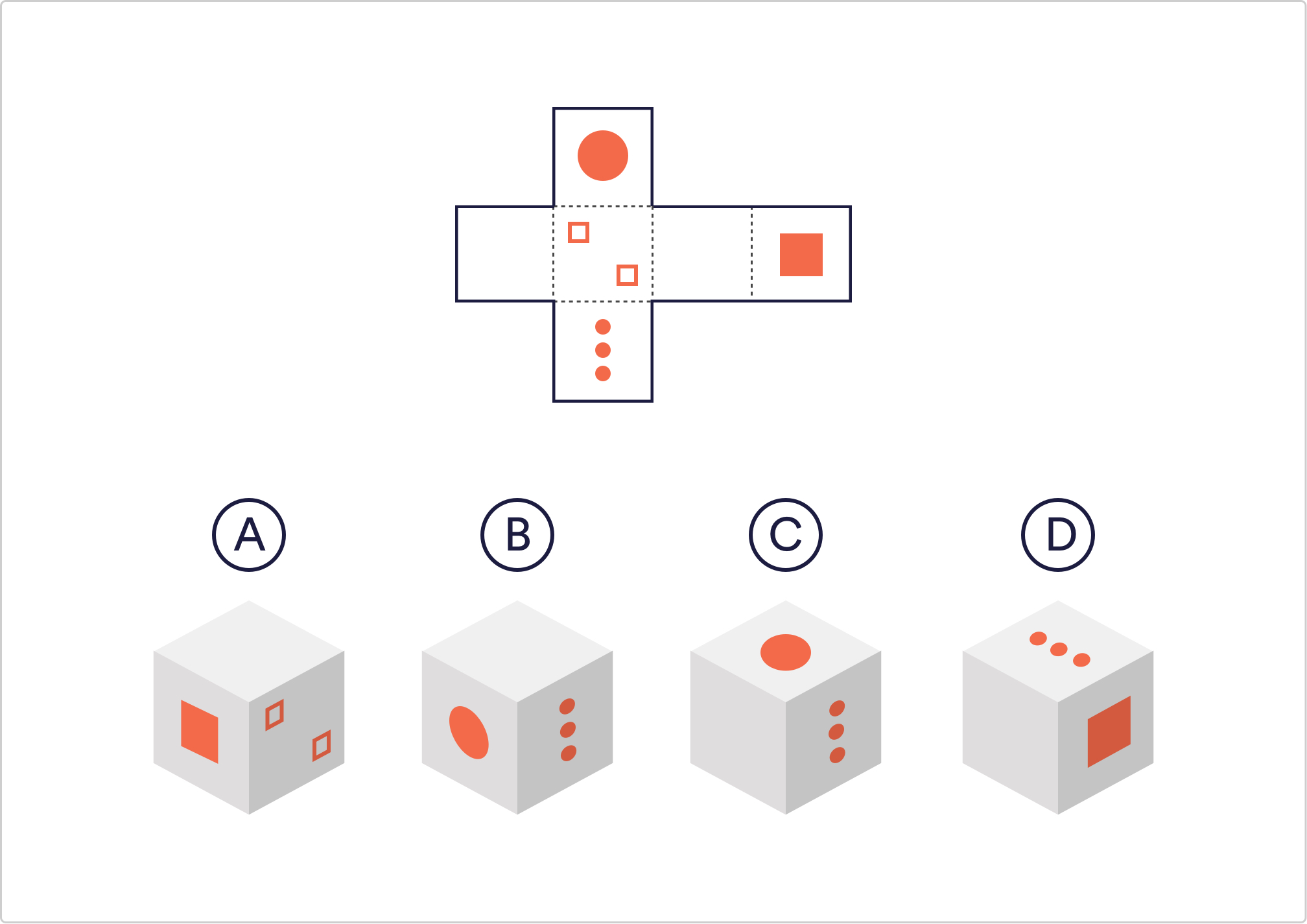
Map state games, a unique category of puzzle games, challenge players to navigate and manipulate virtual environments based on their spatial reasoning abilities. These games often feature a map or grid-based interface, requiring players to strategize, plan, and execute moves within the constraints of the game world. This genre, while seemingly simple, offers a diverse range of experiences that engage players on multiple cognitive levels, fostering critical thinking, problem-solving skills, and a deeper understanding of spatial relationships.
Understanding the Core Mechanics
The essence of map state games lies in the interaction between the player’s actions and the dynamic state of the game world. Players typically manipulate elements within a confined space, whether it be moving pieces, arranging tiles, or constructing structures. The game’s rules dictate the permissible actions, often introducing constraints that necessitate careful planning and strategic decision-making.
A Spectrum of Gameplay
While the core principle of manipulating a map state remains consistent, map state games encompass a wide spectrum of gameplay experiences. Some games, such as classic tile-matching puzzles or strategic board games, emphasize pattern recognition and logical deduction. Others, like city-building simulators or resource management games, focus on long-term planning and resource allocation. Yet another category, encompassing puzzle games like "Sokoban" or "The Witness," challenges players with complex spatial puzzles that require innovative solutions and meticulous execution.
Benefits of Map State Games
Beyond providing entertainment, map state games offer a unique opportunity to develop and enhance crucial cognitive skills. They serve as a training ground for:
- Spatial Reasoning: These games demand players to visualize and manipulate objects within a three-dimensional space, improving their spatial awareness and mental rotation abilities.
- Problem-Solving: Map state games often present intricate puzzles that require players to analyze the situation, devise a plan, and implement it effectively, fostering problem-solving skills and critical thinking.
- Strategic Planning: Games that involve resource management or long-term planning require players to anticipate future scenarios, prioritize tasks, and make strategic decisions, honing their planning and decision-making capabilities.
- Logical Deduction: Many map state games rely on logical deduction and pattern recognition, encouraging players to identify patterns, draw inferences, and apply logical reasoning to solve challenges.
- Concentration and Focus: The complex nature of map state games often necessitates sustained focus and concentration, improving players’ ability to maintain attention and engage in focused tasks.
Exploring the Diverse Landscape of Map State Games
The world of map state games is vast and diverse, encompassing a wide range of themes and gameplay mechanics. Here’s a glimpse into some prominent examples:
1. Tile-Matching Puzzles: Games like "Tetris" or "Candy Crush" require players to strategically arrange tiles within a grid, matching colors or shapes to clear lines and achieve objectives. These games engage players in pattern recognition, spatial reasoning, and quick decision-making.
2. Strategic Board Games: Games like "Chess" or "Go" challenge players to strategize and anticipate their opponent’s moves, utilizing their spatial reasoning and tactical skills to outmaneuver their opponent. These games cultivate strategic thinking, planning, and logical deduction.
3. City-Building Simulators: Games like "SimCity" or "Cities: Skylines" allow players to design and manage virtual cities, allocating resources, planning infrastructure, and addressing the needs of their virtual citizens. These games foster long-term planning, resource management, and problem-solving skills.
4. Resource Management Games: Games like "Civilization" or "StarCraft" require players to manage resources, build structures, and train units to achieve victory. These games emphasize strategic planning, resource allocation, and tactical decision-making.
5. Spatial Puzzle Games: Games like "Sokoban" or "The Witness" challenge players to navigate complex mazes, manipulate objects, and solve intricate spatial puzzles. These games demand spatial reasoning, logical deduction, and creative problem-solving.
FAQs about Map State Games
1. Are map state games suitable for all ages?
Map state games offer a range of experiences, catering to diverse age groups. While some games, like tile-matching puzzles, can be enjoyed by younger players, others, like strategic board games or complex spatial puzzles, might be more suitable for older audiences.
2. Do map state games require prior knowledge or experience?
Many map state games offer intuitive gameplay mechanics and tutorials, allowing players to learn the basics quickly. However, some games, especially those with complex rules or advanced strategies, might require a learning curve.
3. Can map state games be played solo or with others?
Map state games offer both solo and multiplayer experiences. Some games, like tile-matching puzzles, are primarily designed for solo play, while others, like strategic board games, thrive on competitive or collaborative gameplay.
4. Are map state games beneficial for cognitive development?
Yes, map state games can contribute significantly to cognitive development, particularly in areas of spatial reasoning, problem-solving, strategic planning, and logical deduction. These games provide a fun and engaging platform to enhance these skills.
5. Can map state games be used for educational purposes?
Map state games can be effectively incorporated into educational settings, particularly for subjects like mathematics, geometry, and logic. They provide a hands-on and engaging approach to learning these concepts.
Tips for Enjoying Map State Games
1. Start with Simple Games: Begin with games that have straightforward rules and mechanics to build a foundation for more complex experiences.
2. Explore Diverse Genres: Experiment with different types of map state games to discover your preferred gameplay style and explore the diverse range of challenges they offer.
3. Take Breaks: Avoid burnout by taking breaks during prolonged gaming sessions, allowing your mind to rest and recharge.
4. Seek Online Resources: Utilize online communities and forums to connect with other players, share strategies, and learn from experienced individuals.
5. Embrace the Learning Curve: Don’t be discouraged by initial challenges; embrace the learning curve and persevere to unlock new skills and strategies.
Conclusion: Embracing the World of Map State Games
Map state games provide a unique and engaging platform for developing crucial cognitive skills, fostering creativity, and promoting critical thinking. From simple tile-matching puzzles to complex spatial challenges, these games offer a diverse range of experiences that cater to various interests and skill levels. By embracing the world of map state games, individuals can sharpen their minds, enhance their problem-solving abilities, and unlock a new realm of entertainment and intellectual stimulation.

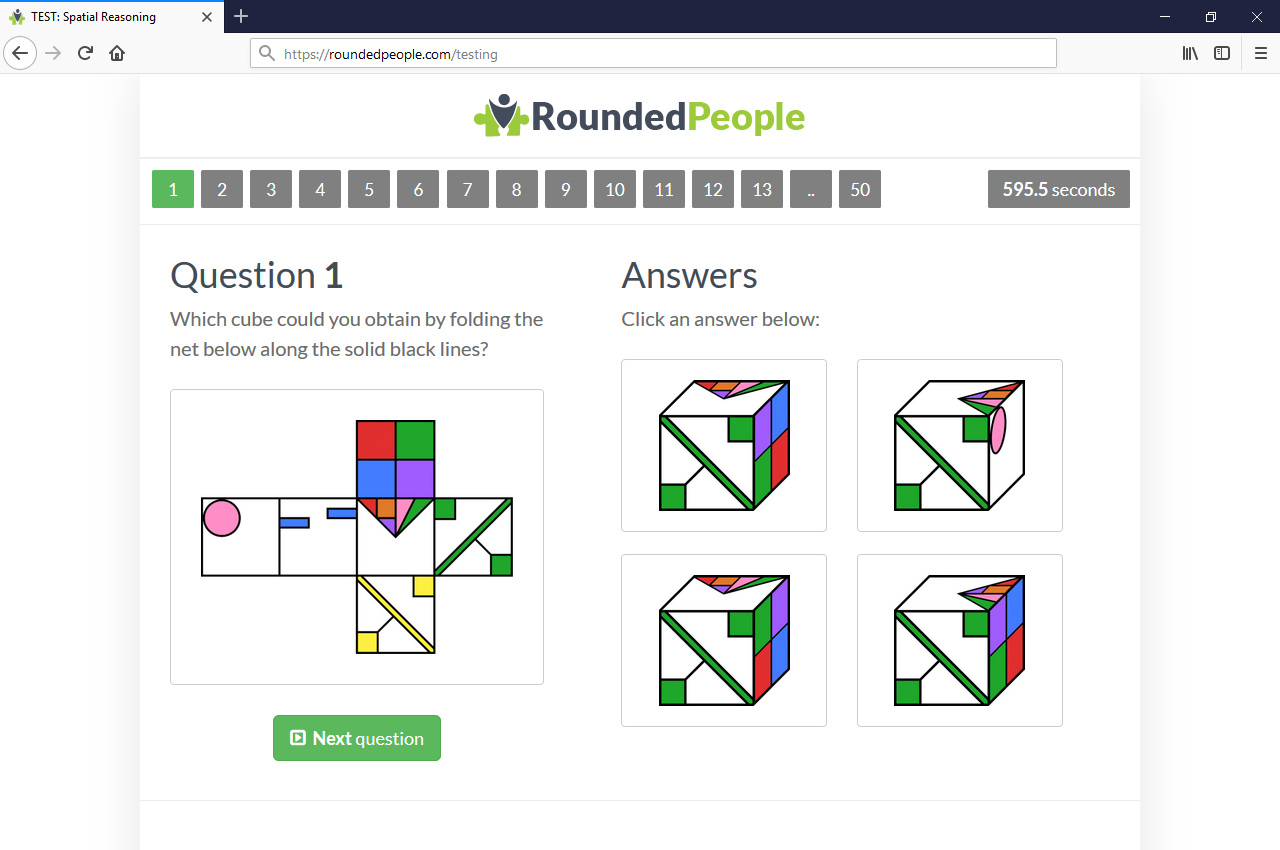
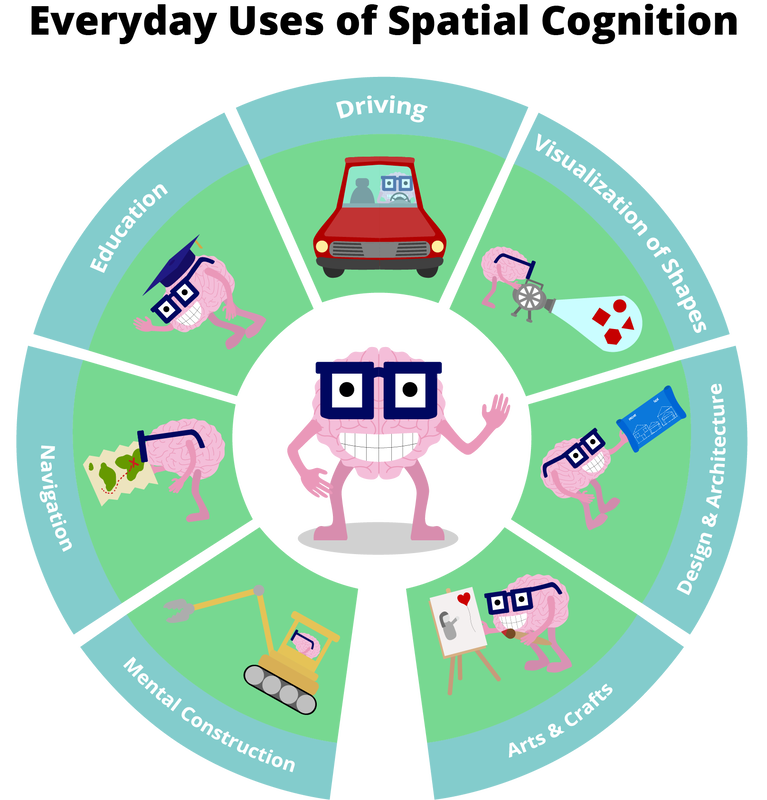
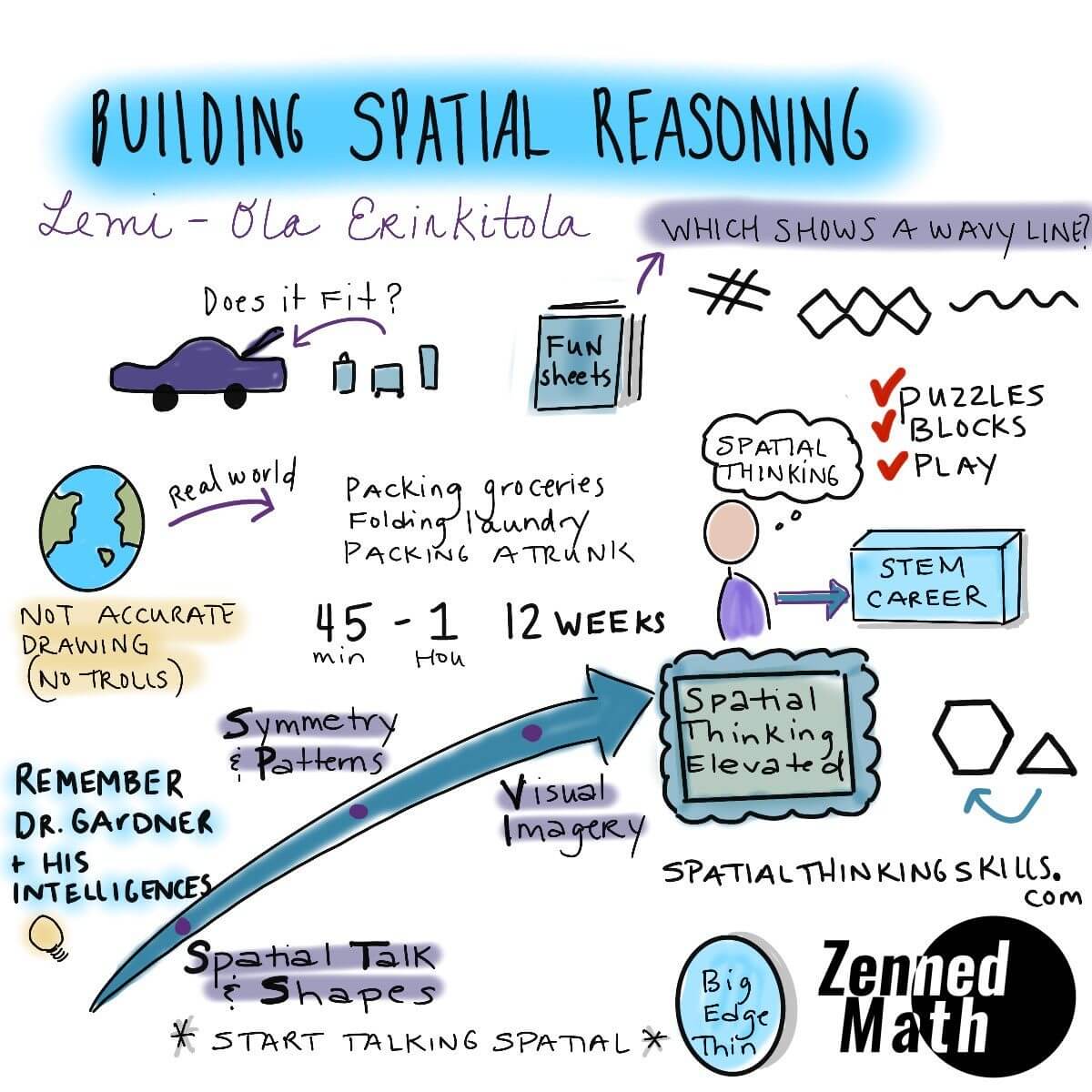
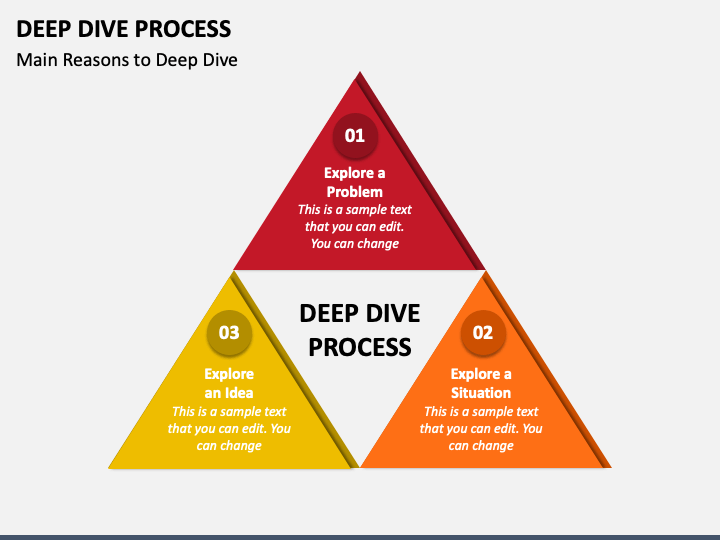

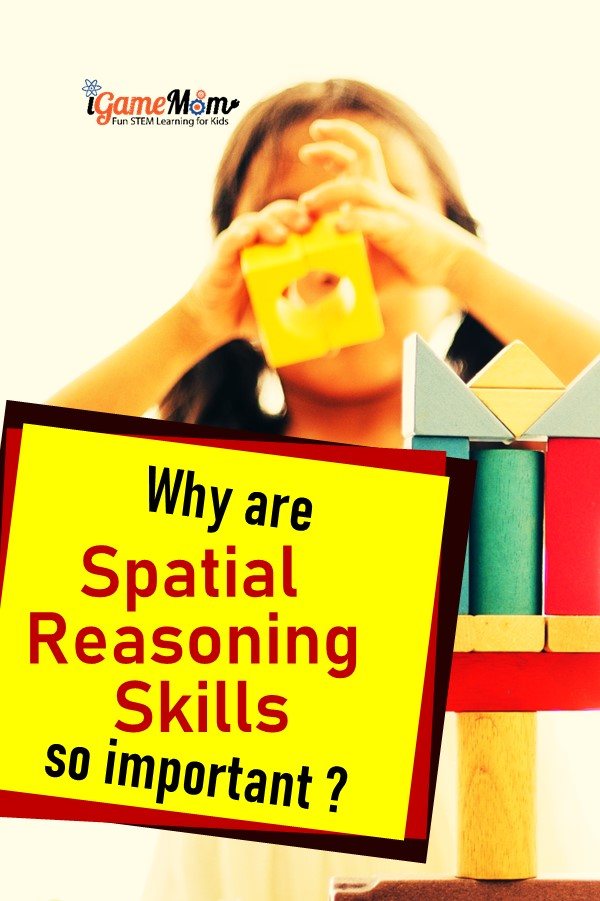
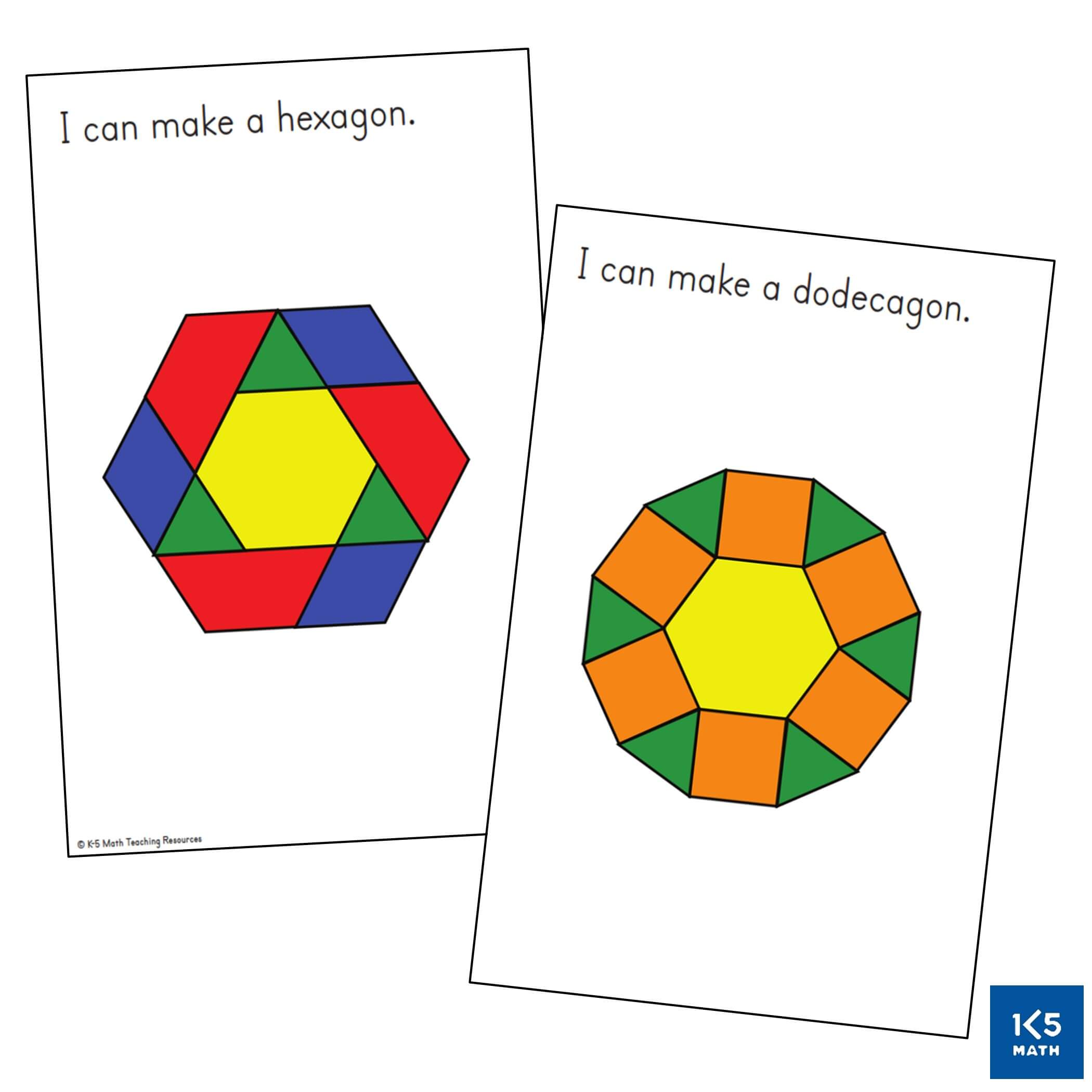
Closure
Thus, we hope this article has provided valuable insights into The Art of Spatial Reasoning: A Deep Dive into Map State Games. We appreciate your attention to our article. See you in our next article!